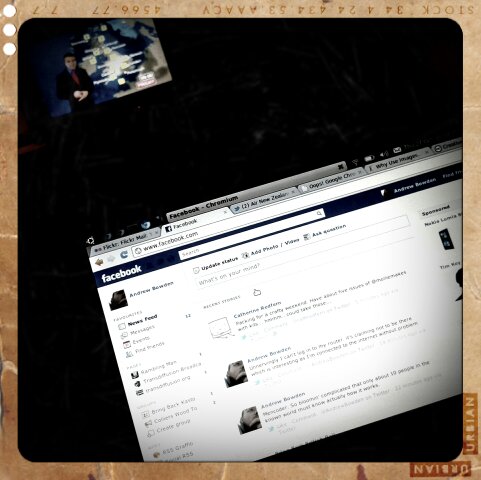Tag: Star Foster
-

Genderqueer is to Trans as Polytheist is to Pagan
My kid is transitioning, but he’s not trans. He’s genderqueer. He doesn’t mind being called “trans,” because it’s accurate, but he identifies as something different. For some, this is a brain breaker. I don’t blame them or vilify them for that. One has to be flexible with definitions in order to approach these (seemingly) subtle, nuanced uses of identity language, […]
-

When Pagan Discourse Becomes Reality TV
I’ve been transfixed by a particular reality television show on Netflix. I’m not typically a reality TV kind of guy, save for a few of the more hands-on creative shows. And the ones with drag queens, of course. This show documents the Olympic-like achievements of super-couponers, who, if you don’t know, are people who stockpile mass amounts of […]
-

Top of the Week at BITG
Top of the week to you! This week is starting off with a whole bunch of Internet happenings. First, it seems that my RSS Email subscribers haven’t been receiving my blog posts since mid-December. Sorry everyone. Here’s what you missed: I wrote a post on Yule at HuffPost, and we talked about decentralization. After pulling […]
-

Responding to the Religious Impulse of a Star
I’ve been in the throws of a creative trip for the past two weeks, one that took me away from my home, my husband, and my regular routine. I’ve been up into the wee hours of the morning, surrounded by creative people and business people, technicians and office workers, trying my best to tap into […]
-
Stock The Pantry and Tend The Dirt
We tell stories about Old Gods who governed over the fields, but we rarely step foot in the fields ourselves. In some ways, it would be more appropriate for us to worship gods who govern the produce aisle, or the food processing plants, or the deities of the drive through.
-
What We Are: One Pagan-American Response
Star Foster asked: “What makes Pagans valuable to America? What do we bring to the table? How do we exemplify American values?”



